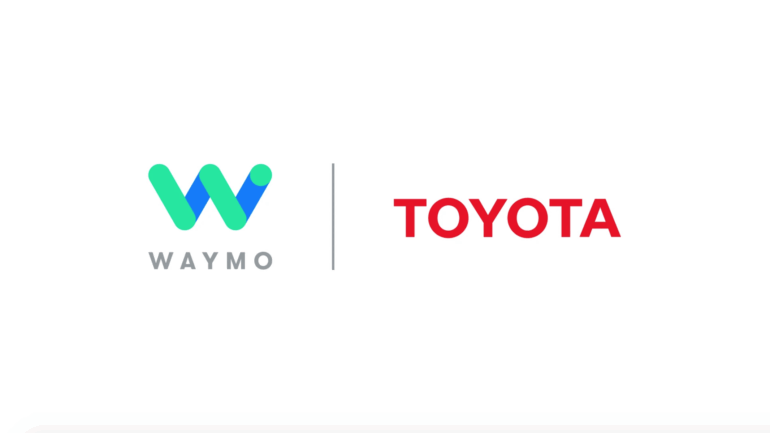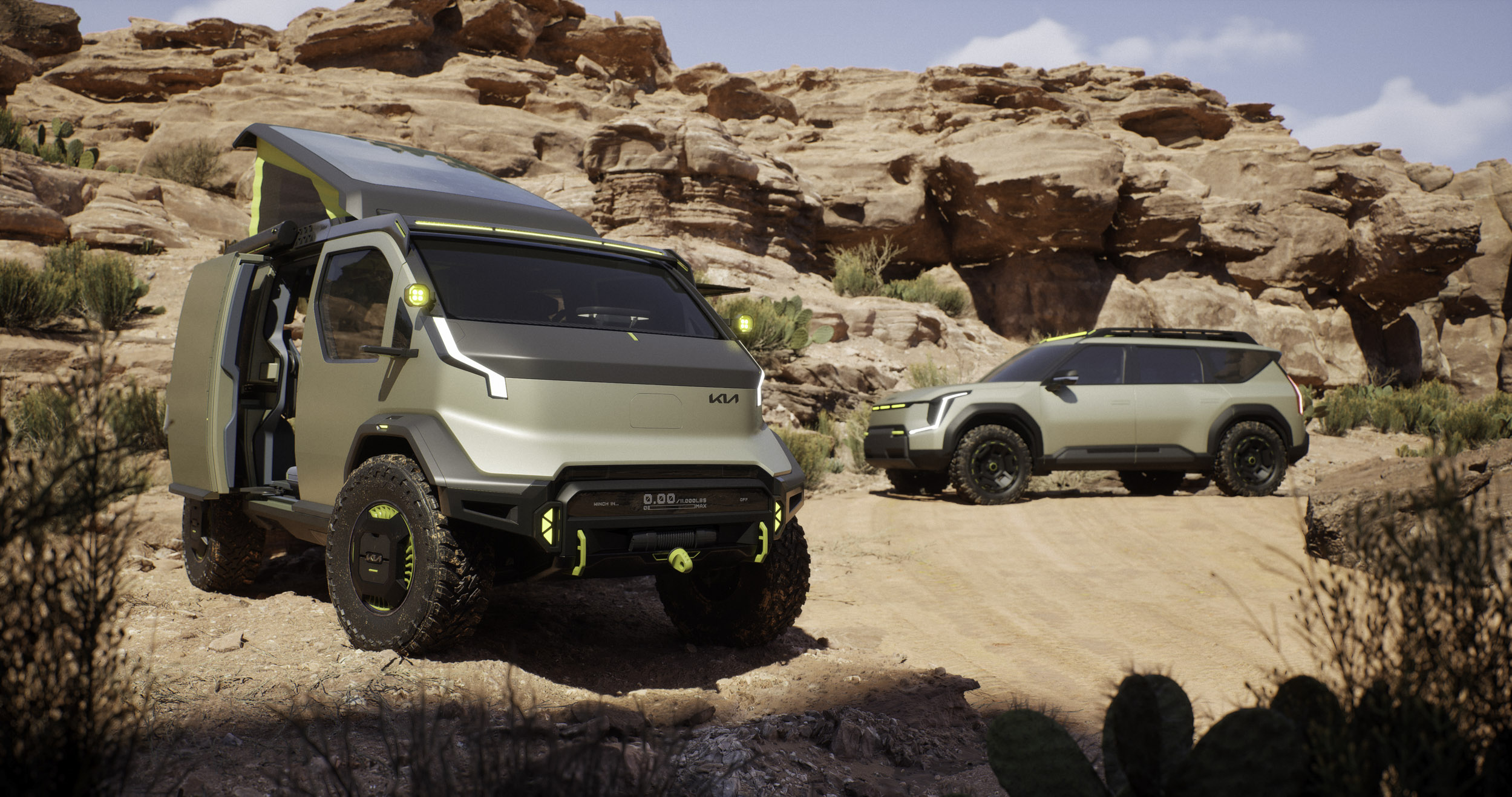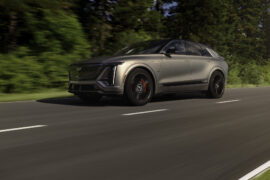Waymo and Toyota are joining forces to challenge Tesla in the race to bring self-driving cars directly to individual owners. This strategic alignment suggests both companies see a future where consumers, not just fleets, can access fully autonomous vehicles—shifting the battleground from shared mobility to private ownership. Their collaboration could reshape how the auto industry approaches autonomy in the personal transportation space.
Currently, Waymo dominates commercial autonomy, delivering around 250,000 paid autonomous rides weekly across limited U.S. cities. Its robotaxi operations are a benchmark in reliability and deployment scale. Despite its limited geographic reach, the consistent volume highlights both demand and Waymo’s technological maturity. Meanwhile, competitors scramble to catch up—Tesla among them—hoping to replicate that level of service with fewer vehicles and less experience.
Tesla is preparing to debut its own self-driving ride-hailing service in Austin, starting with a modest fleet of 10 to 20 cars. This pilot will test both software and logistics, but Tesla’s approach differs. It relies heavily on vision-based tech and consumer-grade hardware. Unlike Waymo’s curated fleet, Tesla’s cars aim to function with minimal external hardware—something that could be revolutionary or risky.
Tesla still holds a unique position in the personally owned autonomy game. While its Full Self-Driving feature remains unfinished, the company pushes updates to consumer vehicles using the same codebase intended for fleet operations. With refinements tailored to urban environments like Austin and backup via remote assistance, Tesla continues inching toward its long-promised goal of driverless ownership.
Cracking autonomy on existing hardware is Tesla’s holy grail. Should it succeed, the implications would be seismic—no redesigns, no sensor bulges, just sleek EVs driving themselves. That elegance appeals to private buyers, but matters less in the ride-hailing world where utility often trumps aesthetics. Tesla’s edge lies in designing cars where autonomy feels native, not bolted on.
Waymo and Toyota’s alliance could flip the narrative. Their agreement aims to speed up work on next-gen autonomous vehicles intended for private ownership. Toyota’s innovation arm, Woven, brings advanced software and mobility know-how, pairing well with Waymo’s established autonomy stack. Together, they could set a new standard for consumer-ready, self-driving tech integrated from the ground up.
The duo plans to co-develop a scalable platform optimized for autonomous personal vehicles. Their respective strengths—Toyota’s manufacturing prowess and Waymo’s AI-driven autonomy—create a foundation for a potentially transformative product. As discussions continue, details remain fluid, but the focus is clear: redefining how individual drivers interact with and trust their vehicles in an autonomous future.
This partnership hints at a scenario once promised by Elon Musk: licensing self-driving tech to other automakers. While Tesla has teased such collaborations for years, none have materialized publicly. Meanwhile, Waymo is moving quickly, lining up partners and embedding its tech in third-party vehicles. That proactive strategy may give Waymo a crucial edge in this unfolding race.
Last year’s Hyundai announcement marked a similar move by Waymo—initially aimed at bolstering its ride-hailing fleet. But Toyota’s case differs: it’s explicitly about private vehicle autonomy. With multiple alliances forming, Waymo appears to be outpacing Tesla in making autonomy a shared ecosystem rather than a walled garden. That shift could be the key to mass adoption.





